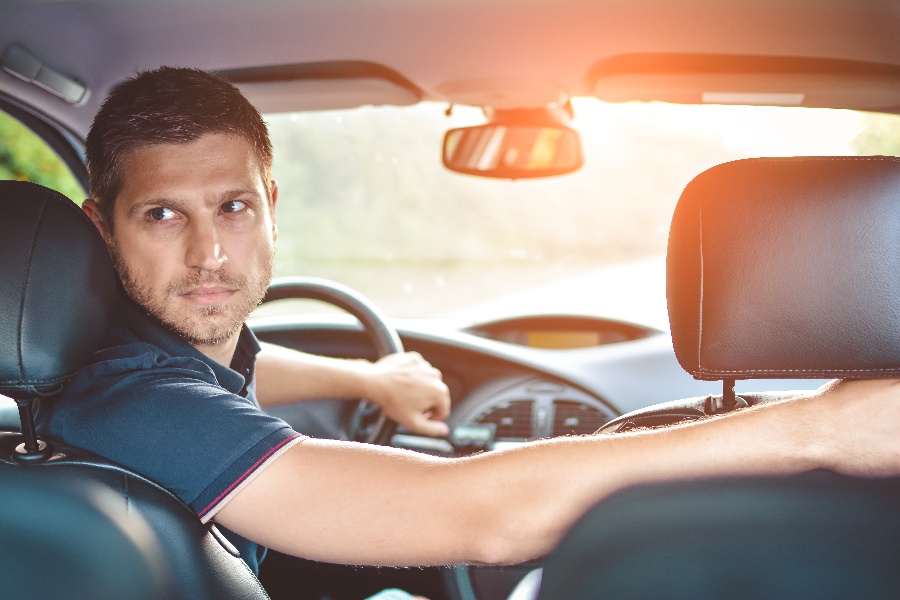
Reverse parking is the safest way to park your car, but it's often overlooked. It's easy to think that if you're going to be in reverse anyway, then why not just park facing forward? However, there are some important reasons why reverse parking is safer than facing forward:
Reverse parking myths
Reverse parking is safer than forward parking.
This myth is so pervasive that many people don't even question it. But there are plenty of reasons why this isn't true, including:
- Forward parking can block traffic flow in both directions and create dangerous situations for drivers who must maneuver around your car or pull out of an intersection oncoming traffic. In contrast, reverse parking has no such negative effects on traffic flow—and often allows you to park closer to the curb than if you were using forward-facing parallel parking spaces (the most common type). This makes it easier for pedestrians and cyclists to get around your vehicle safely as well!
- If you're parked in reverse mode at night (or at any other time), anyone who comes over from behind will be able to see what direction your vehicle is facing at all times—and that could make them nervous about whether or not they want to hit something while driving past it!
Why reverse parking is safer
Reverse parking is safer because it's easier to see what is behind you. When you're reverse parking, you can easily see any pedestrians or other cars that may be on the road. It makes it more likely that you'll be able to stop before hitting a pedestrian or another car and causing an accident.
Reverse parking is safer because there are fewer things in front of your car when reversing than when doing a standard parallel park onto a street curb. This prevents unexpected objects from coming into contact with your vehicle while driving forward into them at high speeds (which could cause injury).
Parking lot collisions are the top cause of fleet accidents
According to a study by the Insurance Institute for Highway Safety, parking lot collisions are the top cause of fleet accidents.
In 2016, 603 people were killed in crashes involving motor vehicles and public-use vehicles such as police cars or taxis. Of those deaths, 88 were occupants in police cars at the time of the crash; 173 were occupants in taxicabs; and 200 were pedestrians struck by off-duty drivers who had stopped their personal vehicle on a public street or roadway (the majority of these crashes occurred during normal operating hours).
Reverse parking could save a life
Reverse parking is safer than forward parking. In a study by the University of North Texas, researchers found that drivers who reverse their cars are less likely to be involved in an accident than those who leave their vehicles in the same position they parked them in.
Reverse parking is safer than parallel parking. The reason for this is simple: when you parallel park, your right front tires touch the curb and left rear tires hit something else (usually another vehicle). This can cause damage to your car's suspension system and may even lead to an accident if someone bumps into you from behind while you're trying to change lanes or exit from the street surface
Parking safety tips
- Park in a straight line. If you're parked parallel to the curb, your vehicle will be more visible to others, and they'll have a better chance of seeing you if they need to make a turn.
- Don't park too close to other vehicles or obstructions like tree branches or poles. If there's not enough room for all cars on the street, it's best not to block other drivers' view of their own side mirrors—and vice versa!
- Keep your distance from curbside parking spaces by at least 10 feet (3 meters) in every direction so drivers behind you can see what's ahead at intersections as well as near stop signs and traffic lights
Monitoring reverse parking with telematics
Telematics can help monitor reverse parking. With the data available from your telematics system in real time, you'll be able to keep track of how many times a car hits the curb or obstructs other vehicles. This information can be used to help improve safety on streets with high traffic volume and travel speeds—and it could even help prevent accidents altogether.
Conclusion
As you can see from all these research studies, reverse parking is safer and can save lives. It's important to remember that you should never stop driving your vehicle and always keep your eyes on the road while reversing. For more insights, contact us. we provide fleet management services for businesses like home services, electricians, security companies etc. not shipping companies.








